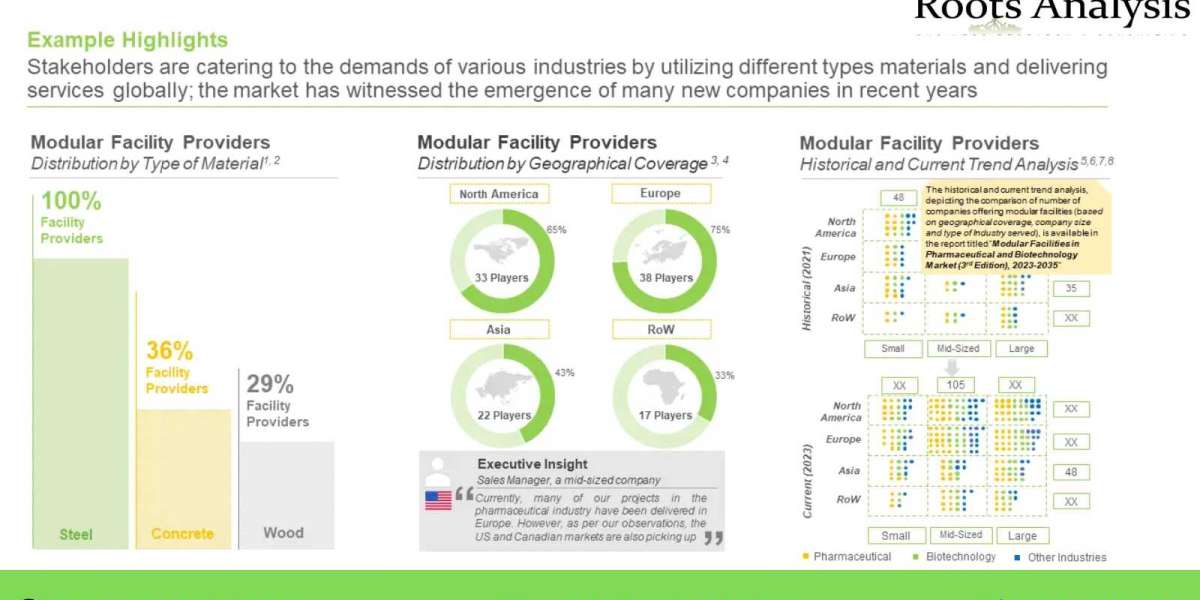As industries continue to evolve and innovate, the need for individuals equipped with advanced analytical skills becomes paramount. Enter Masters in Business Analytics, a program personalised to equip aspiring professionals with the knowledge and expertise needed to thrive in this dynamic landscape.
What is Masters in Business Analytics?
Masters in Business Analytics (MBA) is a specialized graduate program designed to provide students with a comprehensive understanding of data analysis techniques, statistical methods, and business strategies. It merges the realms of business and technology, empowering graduates to extract meaningful insights from data and make informed decisions that drive organizational success.
Why Pursue a Masters in Business Analytics?
The allure of Masters in Business Analytics lies in its versatility and applicability across diverse industries. Whether you're passionate about finance, marketing, healthcare, or e-commerce, proficiency in analytics can open doors to a myriad of career opportunities. From data scientist to business analyst, the skills acquired through this program are highly sought after in today's job market.
Key Curriculum Components
A typical Masters in Business Analytics curriculum encompasses a blend of technical courses, such as data mining, machine learning, and predictive modeling, alongside business-focused modules like strategic management and marketing analytics. This interdisciplinary approach ensures that students develop a holistic skill set, combining quantitative prowess with strategic acumen.
Hands-On Learning Experience
One of the hallmarks of a quality MBA program is its emphasis on experiential learning. From case studies and real-world projects to internships with industry-leading organizations, students are exposed to practical applications of their theoretical knowledge. This hands-on experience not only enhances skill proficiency but also fosters critical thinking and problem-solving abilities.
Career Prospects
The job market for graduates with a Masters in Business Analytics is exceptionally robust, with opportunities spanning across various sectors. Roles such as data scientist, business intelligence analyst, and analytics manager are just a few examples of the myriad career paths available. Furthermore, the demand for analytics professionals is projected to continue rising, making it a lucrative field for aspiring candidates.
Choosing the Right Program
With a plethora of MBA programs available worldwide, selecting the right one can be daunting. Factors such as curriculum structure, faculty expertise, industry connections, and alumni network should all be considered. Additionally, evaluating the program's accreditation and reputation within the industry can provide valuable insights into its credibility and quality.
Conclusion
In a world inundated with data, mastering the art of analytics is not just a competitive advantage but a necessity for aspiring business leaders. A Masters in Business Analytics equips individuals with the skills and knowledge needed to thrive in today's data-driven landscape. By leveraging cutting-edge technology and strategic insights, graduates of this program are poised to make meaningful contributions to the organizations they serve, driving innovation and success in an ever-evolving business environment.
















